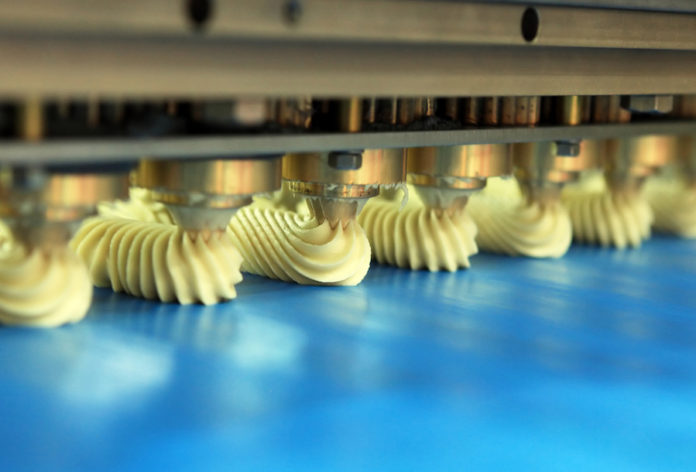
The purchasing managers index (PMI) fell 1.5% in March to 59.3%, according to the most recent ISM data. This means that the manufacturing economy is still expanding (anything over 50% represents growth), but at a slower rate than it did last month (in February, the PMI hit a 12-month high).
Across the board, respondents identified the new tariffs on steel and aluminum and hiring as current challenges. In food, beverage, and tobacco, the latter challenge took the form of difficulty “finding carriers and drivers for shipments.”
Here’s what the food, beverage, and tobacco industry reported for March:
- Growth in new orders
- Growth in production
- Decrease in employment
- Slower supplier deliveries
- No change in raw materials inventories
- No change in customer inventories
- Increased prices for raw materials
- Decrease in order backlogs
- Growth in new export orders
- Growth in imports
In addition, the lead times for capital expenditures decreased again (to 139 days), as did the lead time for production materials (to 63 days). However, for MRO supplies, the average lead time increased by one day (to 34 days).
Overall the picture is still rosy. March marks the 19th consecutive month of growth in manufacturing and the 107th month of growth for the economy as a whole. The PMI also remains well above its 12-month average.







